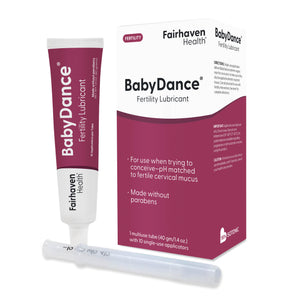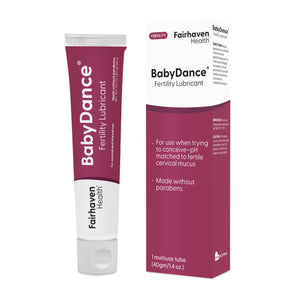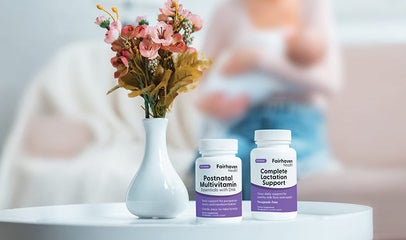Fairhaven Health Blog
Equipping women with the knowledge, inspiration, and nutrition to improve their health.
Equipping women with the knowledge, inspiration, and nutrition to improve their health.
*This statement has not been evaluated by the Food and Drug Administration. This product is not intended to diagnose, treat, cure, or prevent any disease.










